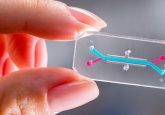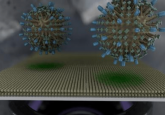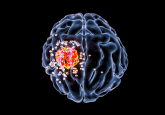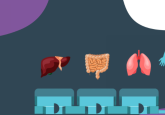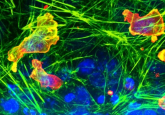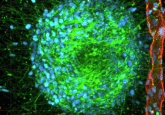Enhancing organ-on-a-chip systems with robotics and AI

The Center for Predictive in vitro Models (CPM) at Queen Mary University of London (QMUL; UK) brings together over 100 academic staff and post docs who specialize in developing and using organ-on-a-chip (OoC) technology and other types of predictive in vitro models. The center develops models for a broad range of tissues, organs and pathologies, while also conducting research into the underpinning bioengineering that is essential for the development of these models. Zion Tse (bottom left) is an Academy of Medical Sciences Professor in Bioengineering at QMUL and a member of the CPM, with expertise in robotics and AI. In...
To view this content, please register now for access
Join our member community for FREE to access a collection of journal and online-only features, including:
- Exclusive access to educational videos, eBooks and insights into top BioTechniques journal articles
- The latest news and journal updates delivered straight to your inbox when you want it
- Personalized recommendations for the latest member-exclusive podcasts, interviews and expert opinions
- Priority registration to webinars, panel discussions and events
- Access to competitions and journal publication discounts, including 10% off open access fees when you sign up today!
